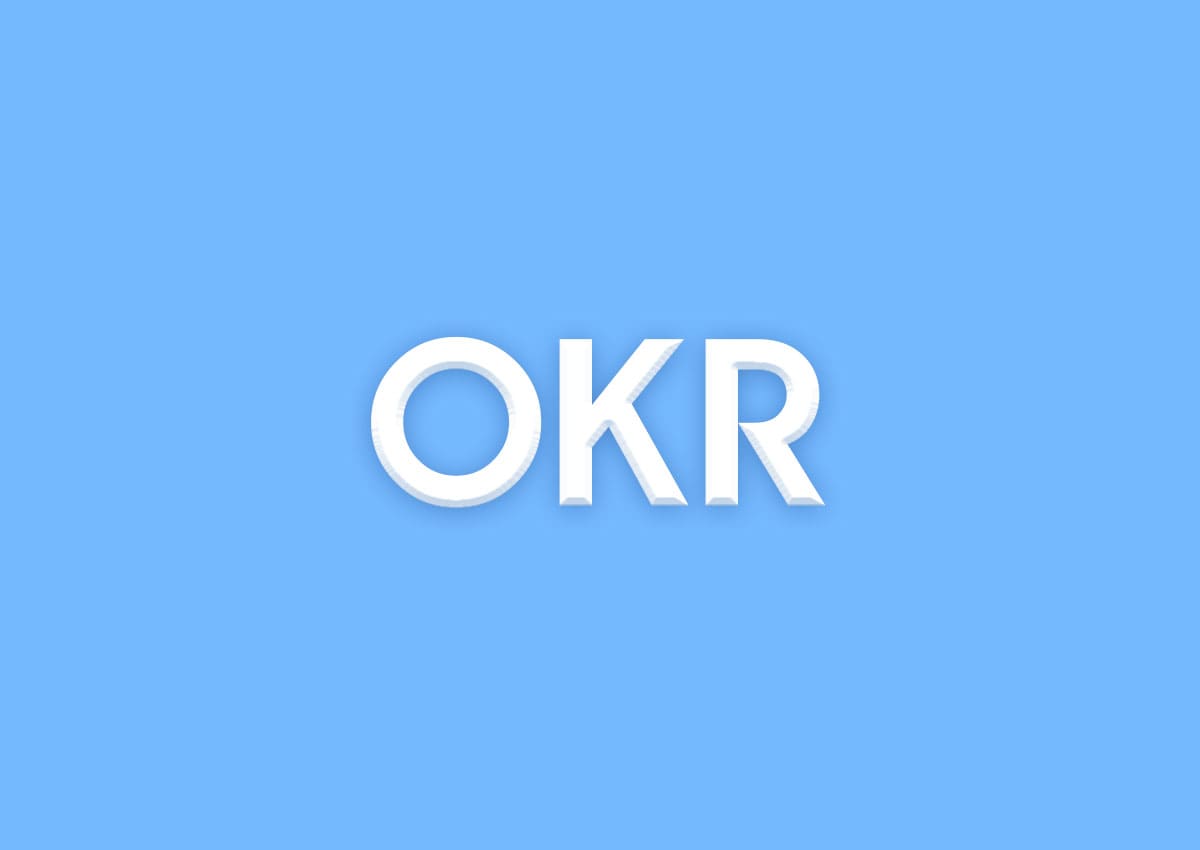What Are OKRs (Objective Key Results) & How Do They Work in 2023

Objective Key Results (OKRs) is a goal-setting framework that has become increasingly popular among organizations of all sizes. The framework was developed by Intel in the 1980s, and it has since been adopted by companies like Google, LinkedIn, and Twitter. OKRs are a simple but effective way to align teams and individuals around a common set of objectives and measure progress toward achieving those objectives. In this blog, we will explore what OKRs are, how they work, and the benefits of implementing them within an organization.
What are OKRs?
Objectives and Key Results (OKRs) are a goal-setting framework used by organizations to define and measure progress toward their goals. Objectives are specific goals that an organization wants to achieve, while key results are measurable outcomes that demonstrate progress toward achieving those objectives. Objectives should be challenging but achievable, specific and measurable, and tied to the overall mission and vision of the organization. Key results, on the other hand, should be quantitative and based on data so that progress can be objectively measured.
How do OKRs Work?
The key to a successful OKR program is to make sure that objectives are aligned with the organization’s overall strategy and that key results are tied to specific actions that can be taken to achieve those objectives. OKRs are typically set on a quarterly basis, and progress towards achieving them is tracked and measured regularly. This allows organizations to make adjustments and course corrections as needed in order to ensure that they stay on track to achieve their objectives.
OKRs can be used in a variety of ways across different departments and teams within an organization. For example, a sales team might set an objective to increase revenue by 20%, and key results might include increasing the number of new customers acquired by 10%, increasing the average deal size by 5%, and increasing the number of renewals by 10%. A marketing team might set an objective to increase brand awareness, and key results might include increasing website traffic by 25%, increasing social media engagement by 20%, and increasing media mentions by 15%. An engineering team might set an objective to improve product quality, and key results might include decreasing customer complaints by 20%, increasing customer satisfaction ratings by 10%, and decreasing time to resolve customer issues by 15%.
Benefits of using OKRs
OKRs have several benefits for organizations that implement them. One of the most significant benefits is that they help to align teams and individuals around a common set of objectives. By setting goals that are challenging but achievable, and by tracking progress towards achieving those goals, organizations can motivate their teams to work together towards a common goal. This not only improves overall team performance but also creates a sense of unity and shared purpose among team members.
Another benefit of OKRs is that they help to create a culture of accountability within an organization. By setting clear objectives and measurable key results, individuals and teams are held accountable for their progress towards achieving those goals. This creates a sense of ownership and responsibility, which can help to drive performance and results.
OKRs can also help organizations to prioritize their goals and allocate resources more effectively. By setting clear objectives and key results, organizations can focus their efforts on the most important initiatives and track progress towards achieving them. This can help to ensure that resources are allocated effectively, and that teams are working on initiatives that will have the most significant impact on the organization’s overall success.
Improved Communication: OKRs help to improve communication within teams and between departments. When everyone is working towards the same objectives, it becomes easier to communicate progress, challenges, and successes. This leads to greater transparency, collaboration, and teamwork.
Increased Focus: OKRs help to increase focus by prioritizing goals and initiatives. By setting clear objectives and key results, organizations can focus their resources and efforts on the most important initiatives.
Better Performance: OKRs can help to improve performance by providing a clear roadmap for success. By setting specific and measurable objectives, individuals and teams are able to track their progress and make adjustments as needed. This leads to a sense of achievement and motivation, which can lead to better overall performance.
Flexibility: They can be adjusted and updated as needed to reflect changes in the business environment or shifts in organizational priorities. This allows organizations to respond quickly to changing circumstances and stay focused on their goals.
Improved Employee Engagement: OKRs can help to improve employee engagement by providing a sense of purpose and direction. When employees understand how their work contributes to the organization’s overall success, they are more likely to be engaged and committed to their work.
Conclusion
In conclusion, OKRs are a powerful framework that can help organizations set and achieve their goals. By aligning teams and individuals around a common set of objectives and by tracking progress towards achieving those objectives, organizations can motivate their teams to work together towards a common goal and create a culture of accountability that drives performance and results. Implementing OKRs within an organization requires careful planning and execution.




